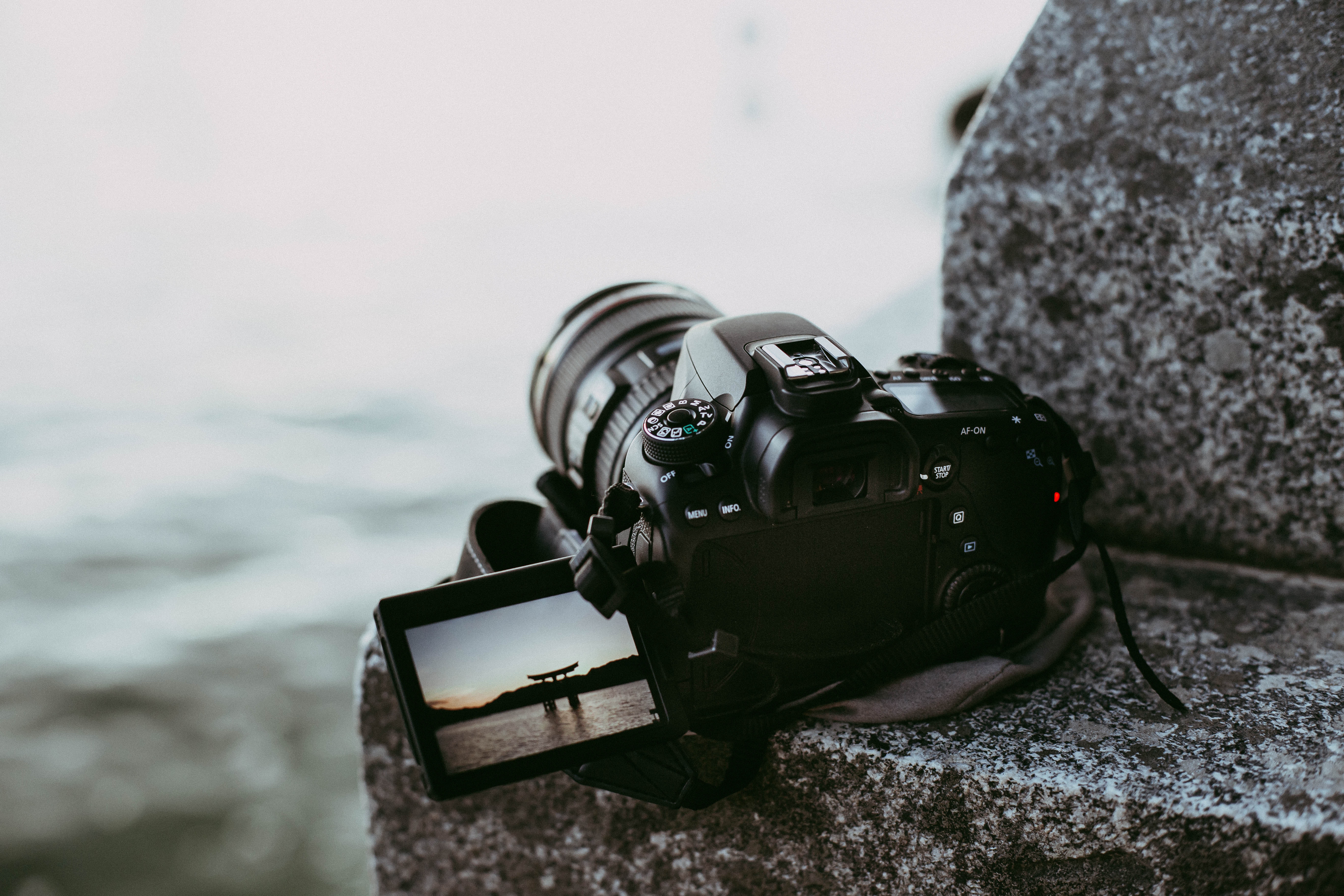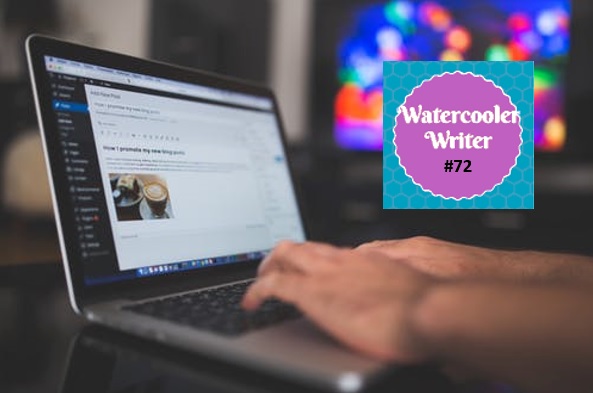
Intellectual Property: Protecting Myself, My Book, and My Sources
INTELLECTUAL PROPERTY: PROTECTING MYSELF, MY BOOK, AND MY SOURCES
Every interesting story has a hook. The challenge is finding what grabs your reader.
One sure way to make your story stand out is by using quotes. Why is this effective? Possibly because our human nature makes us curious about others.
Quoting experts helps you make a compelling argument. It’s satisfying to read of others who support our opinions, and it’s justifying when their expertise backs up our theses. In a way, it is acceptance of our thoughts.
Of course, “collective wisdom” doesn’t necessarily make something true, but we corroborate our theories based on what we learn. And citing the source of our information helps to prove its validity.
But citing sources has another purpose: Intellectual property is a very valuable asset (and quite frequently, it’s an asset that is covered under copyright law). Originating an idea can be as life-changing as inventing a tool. And just as inventors can become embroiled in a fight over patents, authors can face litigation over their words.
Copyright Law: A Brief History
Congress passed the first copyright law way back in 1790. The 14-year copyright could be renewed for another 14 years if the copyright holder was still alive.
Since that point, the duration of copyrights has steadily increased. However, it wasn’t until 1976 that the Copyright Act took effect and changed the term to extend to 50 years after the author’s death.
1998 saw amendments that not only increased the copyright term to 70 years after death and to 95 years after publication for corporate works but also eliminated the opt-in requirement.
This effectively means that copyright now takes effect whether or not the author wants to protect or sell the work.
Copyright protection applies to any copyrighted material, including, but not limited to, these technical examples provided by the United States Copyright Office:
- Literary works
- Musical works, including any accompanying words
- Dramatic works, including any accompanying music
- Pantomimes and choreographic works
- Pictorial, graphic, and sculptural works
- Motion pictures and other audiovisual works
- Sound recordings, which are works that result from the fixation of a series of musical, spoken, or other sounds
- Architectural works
Essentially, the default length of copyright is a fixed number of years after the creation or publication date. As David Kudler summarizes, “Once the 70 years is up, the work is released into the public domain. So any work by someone dead more than 70 years is considered fair game.”
And when an author dies, the copyright passes on to the estate for the duration (in most cases, 70 years).
“Copyright is personal property, so the person who created the work could choose whom to pass the ownership of the copyright to,” the nonprofit New Media Rights explains. “Copyright is treated no differently than other property. So ownership in a copyright can be passed to an heir or to a third party via a will.”
Quotes: To Cite or Not to Cite
Yep, that really IS the question… as Shakespeare might have cautioned, had he known what was to come.
In general, always give credit where it’s due. If you use someone else’s exact words, you set that off in quotation marks and indicate who said it, right? This isn’t just good ethical practice, it can actually protect you.
Keep in mind, however, that while crediting the originator might stave off claims of plagiarism, you’ll need to take an additional step to protect your work from copyright infringement.
Err on the side of caution. When in doubt, get permission to use someone’s direct quote. Try contacting the author directly, which might be fairly easy if you gathered the quote online.
For printed materials, you might consider reaching out to the publisher if you can’t find the contact information for the author, or to the estate if the author has died.
And if you can’t reach the originator of the quote (or current copyright holder), or if she respectfully declines your request, do yourself a huge favor and just omit the quote from your book.
The same goes when you summarize or paraphrase someone else’s thoughts.
You’re stating the concept in your own words… and yet the spark came from somewhere else. So, credit the originator. And indicating the source of a controversial statement serves to provide credit and credence – both of which can help protect your work. You don’t need to obtain their permission, but at least attribute their efforts.
Interviews: Protect Your Sources (and Yourself)
If you’re conducting your own research to include in your book and you interview subject matter experts, be sure to attribute their quotes — even if they are original to your publication.
To make sure you’re capturing the exact quotes, record each and every interview. And by all means, let your interviewee know that you are recording the session. That’s not just good form ethically; it can also be your means of defense if they interviewee later changes her tune.
An easy way to protect yourself is to simply tell your interviewee, upfront, that you are recording the conversation, and you intend to use their quotes in a published work.
You don’t usually need to ask your interviewees to sign a release. If your topic is controversial or sensitive, or you have cause to worry that your interviewee could change her tune after your piece is published, you might consider a short interview consent form for your own protection.
If you plan to use the interview as a sound bite, know that the law permits you to record, film, and broadcast any conversation as long as your interviewee (or all interviewees, if you are talking to multiple people at once) gives consent.
But if you secretly record someone, intentionally or not, that person may have justification to file trespass and intrusion of privacy claims against you. Keep in mind that there are federal AND state laws on the books — your state might be stricter, so be sure you know it.
If you’ve asked a few experts to weigh in, and they provide their feedback via email, be sure to save all your correspondence as a back-up. But it’s generally good practice to let your experts know how you plan to use their statements in your book. Remember, you’re asking them to donate their intellectual property for the benefit of your book.
One other thought on quotes: Use them verbatim, except to smooth it out or fix an awkward sentence.
The point of a direct quote is the keep the originator’s words intact. If you feel the need to change the quote to fit your thesis, it’s not the right quote for you.
Misquoting a source, or using a quote out of context, can set you up for legal action if you materially change the originator’s intent. Allegations of libel (a published false statement) or slander (a spoken falsehood) can come quickly if the originator’s reputation is at stake.
Related Content
- 4 Comments
Subscribe to Newsletter
- How Can SharePoint Be Used To Organize and Disseminate SOPs?
- Planning the Perfect Genealogy Research Trip: A Step-by-Step Guide
- From Silly to Awesome: How Words Change Meaning Over Time
- The Psychology of Font Choice: How Typography Impacts Content Engagement
- How to Distribute SOPs for Maximum Usability




4 thoughts on “Intellectual Property: Protecting Myself, My Book, and My Sources”
Great article! Your feelings towards grammar remind me of my wife’s…but I’m not totally sold if that’s a good thing or not. 😉 How can I get a quote for your services? I’m writing a book now (non-fiction) that should be about 300 pages long. It also has lots of quotes [gulp]. Thanks.
Thank you for your comment! It sounds like your wife is a smart woman. 🙂
You can either call us at 713-465-6860, or reach out to us through this link on our website: https://www.thewritersforhire.com/pricing/ \
We are looking forward to hearing from you!
Hello,
Thank You so much for the tips and ethical ways of commenting using quotes. Its very important and the article is full of good insight.
Thank You,
Lori English, MSW,LSW, CDAC
Thank you for your comment, Lori! We are happy to hear that you enjoyed our article. 🙂